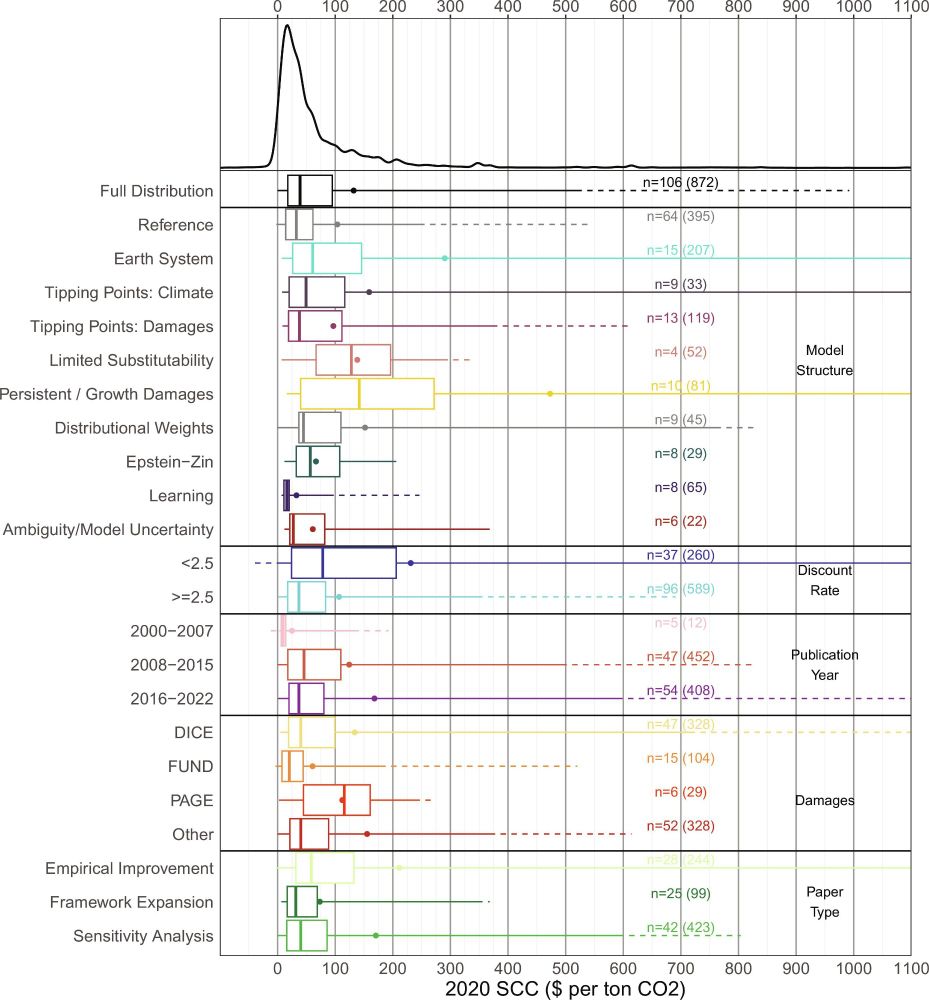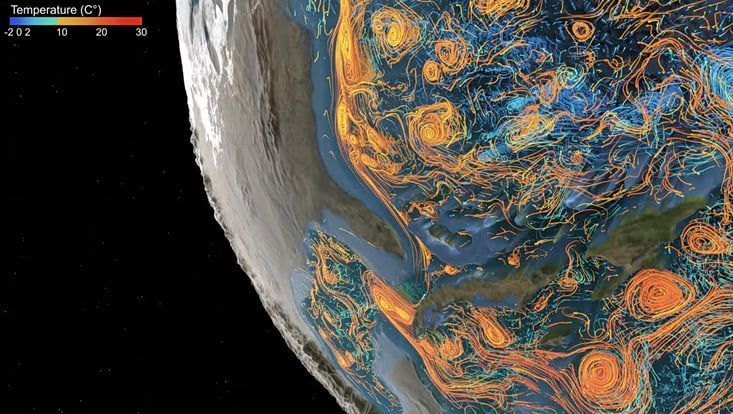Felix Schaumann
@felixschaumann.bsky.social
320 followers
380 following
23 posts
Interested in climate change and all the science around it - PhD candidate in climate economics at ETH Zürich. Mainly working with IAMs.
also @[email protected], @felixschaumann@twitter
Posts
Media
Videos
Starter Packs
Reposted by Felix Schaumann
Reposted by Felix Schaumann
Reposted by Felix Schaumann
Reposted by Felix Schaumann
Reposted by Felix Schaumann
Moritz Drupp
@moritzdrupp.bsky.social
· Feb 25
Reposted by Felix Schaumann
Reposted by Felix Schaumann
Reposted by Felix Schaumann
Meertext
@meertext.bsky.social
· Feb 25
Reposted by Felix Schaumann
ClimateFran
@climatefran.bsky.social
· Dec 17

Synthesis of evidence yields high social cost of carbon due to structural model variation and uncertainties | PNAS
Estimating the cost to society from a ton of CO2—termed the social cost of carbon
(SCC)—requires connecting a model of the climate system with a re...
www.pnas.org
Reposted by Felix Schaumann
Bob Kopp
@bobkopp.net
· Dec 3
‘Tipping points’ confuse and can distract from urgent climate action
Nature Climate Change - The tipping points framing is widely used in climate discussions but receives mixed feedback. This Perspective critiques it for oversimplifying the complexities of natural...
rdcu.be










